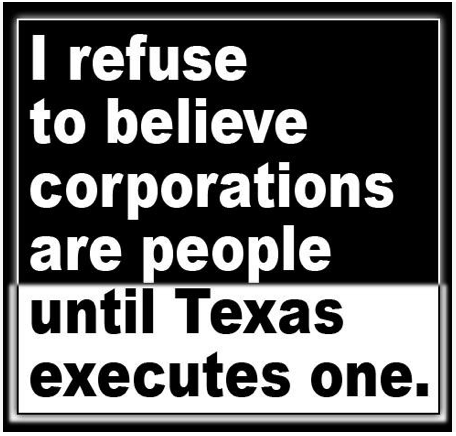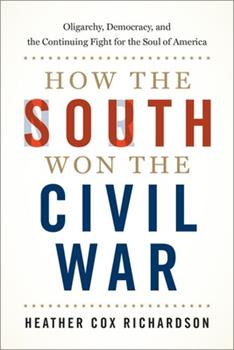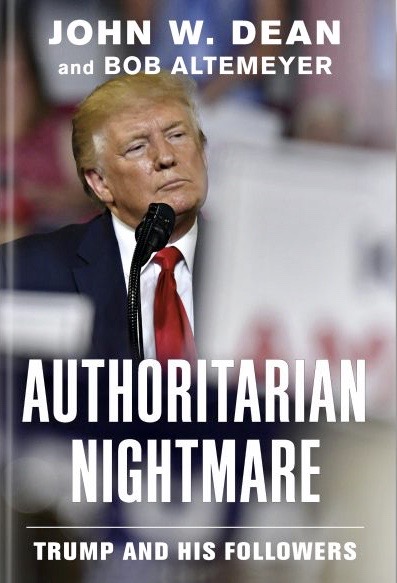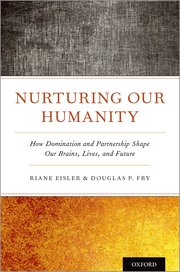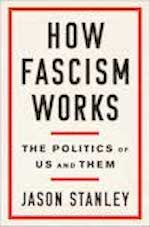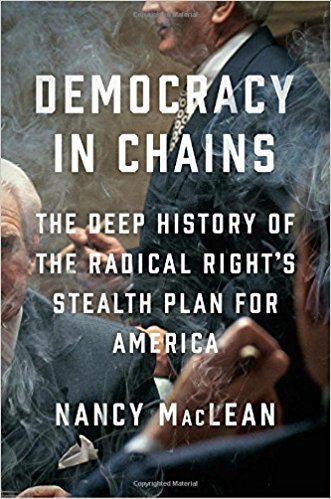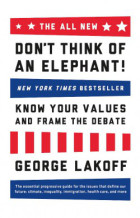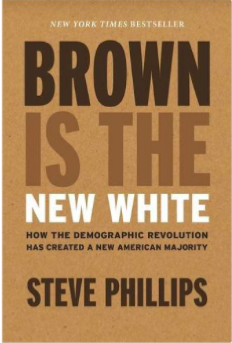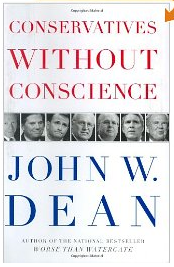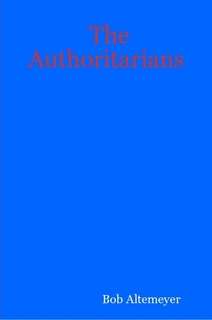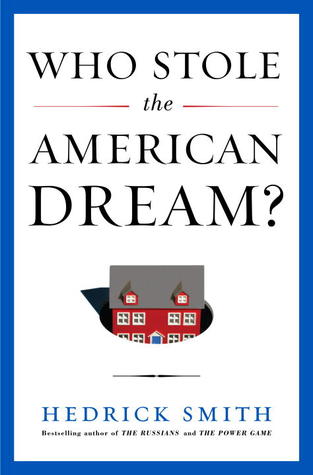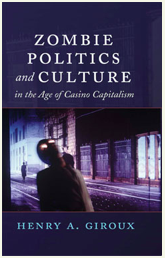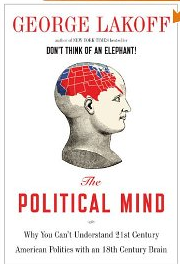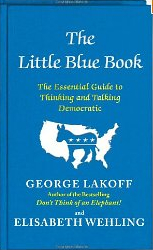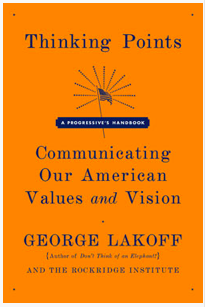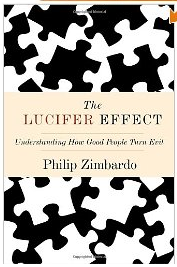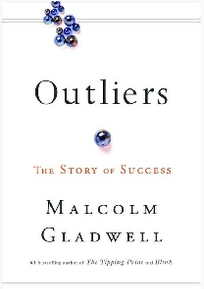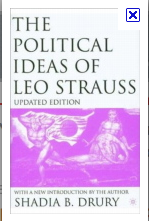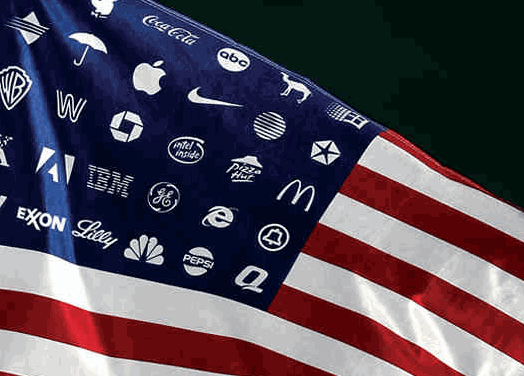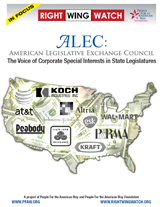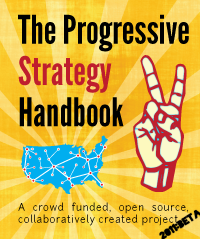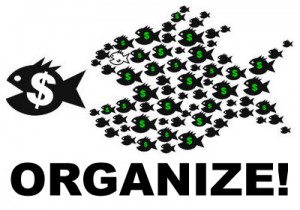Here is the response from Proton’s Lumo AI tool on whether promoting vaccine denial racist as vaccines show all humans are equally protected by vaccines?:
Promoting vaccine denial isn’t automatically “racist” in the strict sense of the word, but it can intersect with racism and have racially disparate consequences. Here’s a nuanced look at why the relationship between vaccine denial and racism matters:
1. What “racist” means in this context
- Racism generally refers to attitudes, actions, or policies that discriminate against people because of their race, or that uphold a belief in the superiority of one race over another.
- Structural or systemic racism describes how institutions and social systems produce unequal outcomes for different racial groups, even when individual actors don’t intend discrimination.
2. Vaccine denial as a belief system
- People who reject vaccines often do so for a variety of reasons—distrust of authorities, misinformation, personal health concerns, religious beliefs, or political identity.
- The act of denying vaccines itself isn’t inherently tied to race; it’s a stance that can be adopted by individuals of any background.
3. How vaccine denial can reinforce racial inequities
Mechanism Why it matters Geographic clustering In many countries, vaccine?hesitant communities are concentrated in specific neighborhoods, which often correlate with socioeconomic status and racial composition. Lower vaccination rates in those areas can lead to higher disease transmission, disproportionately affecting the residents who are already vulnerable. Misinformation targeting Some anti?vaccine narratives exploit historical mistrust of medical institutions—particularly among Black, Indigenous, and People of Color (BIPOC) communities that have experienced unethical experiments (e.g., the Tuskegee Syphilis Study). When misinformation amplifies that mistrust, it can deepen existing health disparities. Policy impact Public health measures such as school?entry vaccine requirements or community?wide vaccination campaigns can inadvertently penalize groups with lower uptake, leading to exclusion from schools or workplaces. If those policies aren’t paired with culturally competent outreach, they can exacerbate structural inequities. Economic fallout Outbreaks in under?vaccinated communities can cause business closures, lost wages, and strain on local healthcare resources—effects that hit low?income and minority populations hardest. 4. Intent versus outcome
- Intentional racism would require that someone promotes vaccine denial specifically to harm a racial group or to assert that one race is “less worthy” of protection. That motive is rare in the mainstream anti?vaccine movement.
- Unintended racist outcomes are far more common: even if the promoter’s goal is simply “personal freedom,” the resulting public?health gaps can widen existing racial health disparities. From a policy perspective, these outcomes are taken seriously because they perpetuate inequity.
5. Ethical considerations for public discourse
- Responsibility of communication – When discussing vaccines, emphasizing accurate scientific evidence helps protect everyone, regardless of race. Misleading claims can erode herd immunity, which is especially protective for people who cannot be vaccinated for medical reasons—a group that includes many from marginalized communities.
- Cultural competence – Public?health messaging that acknowledges historical abuses and works with trusted community leaders tends to be more effective and less likely to be perceived as coercive or dismissive.
- Balancing autonomy and collective safety – While respecting individual choice is important, societies also have a legitimate interest in preventing preventable disease outbreaks. The ethical tension lies in finding policies that safeguard public health without disproportionately burdening vulnerable groups.
6. Bottom line
- Promoting vaccine denial isn’t intrinsically racist, but it can contribute to racially uneven health outcomes and therefore intersects with issues of equity and justice.
- Recognizing that link helps shape better public?health strategies: targeted education, community?led outreach, and policies that mitigate unintended harms while still encouraging high vaccination coverage.



